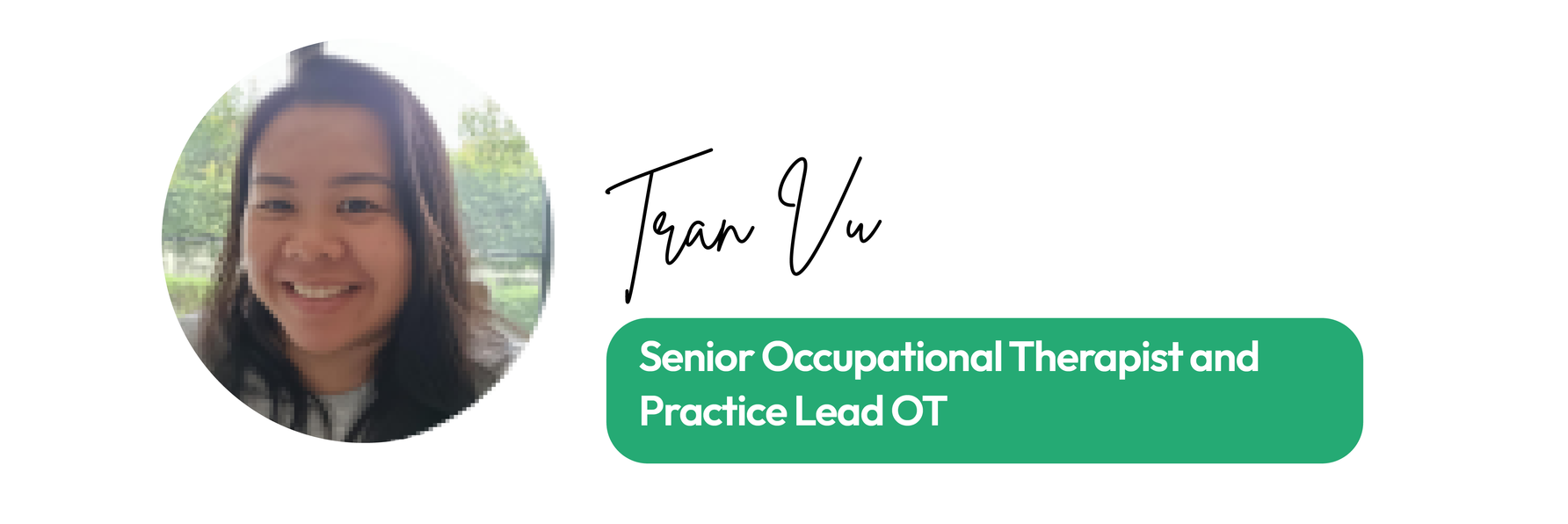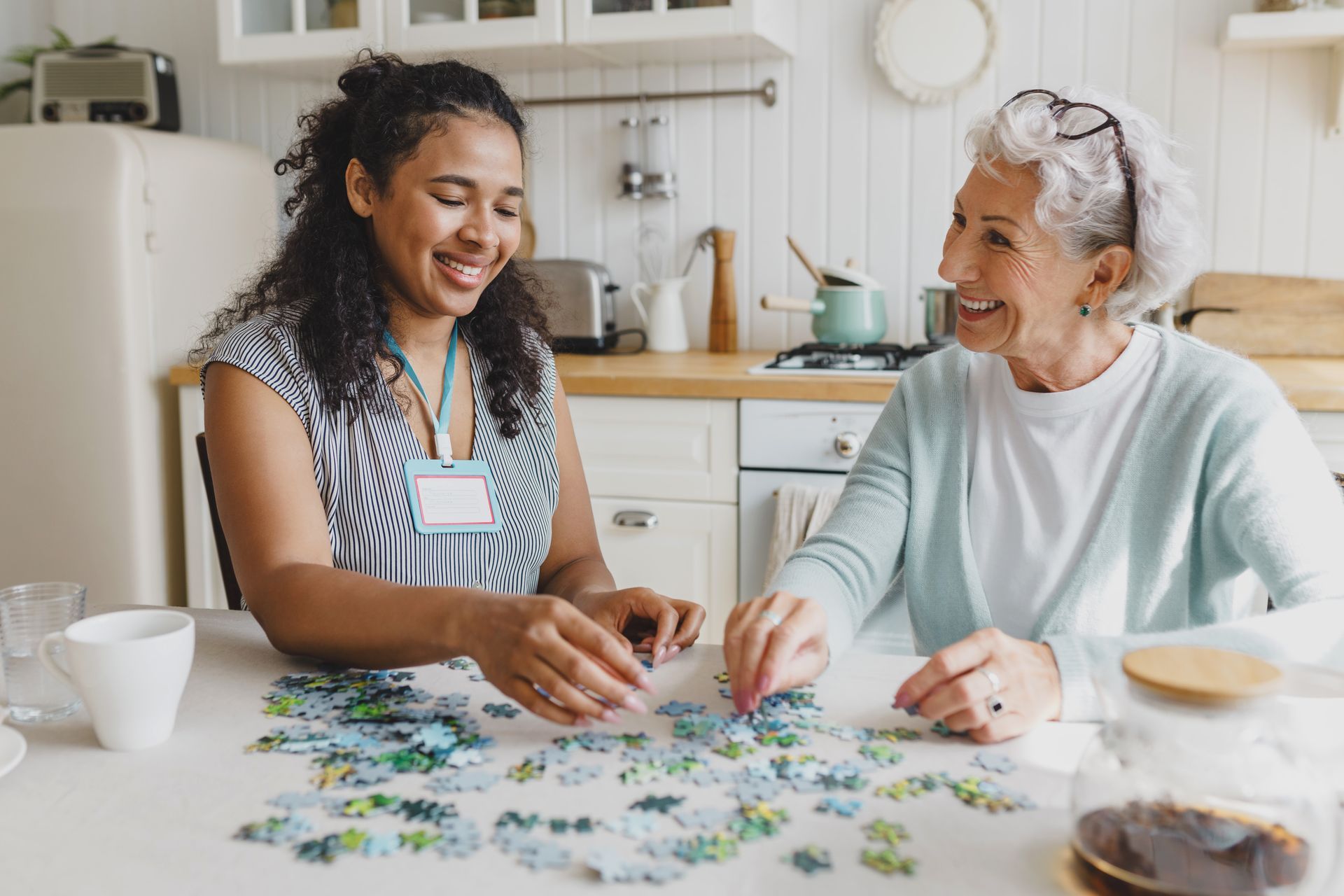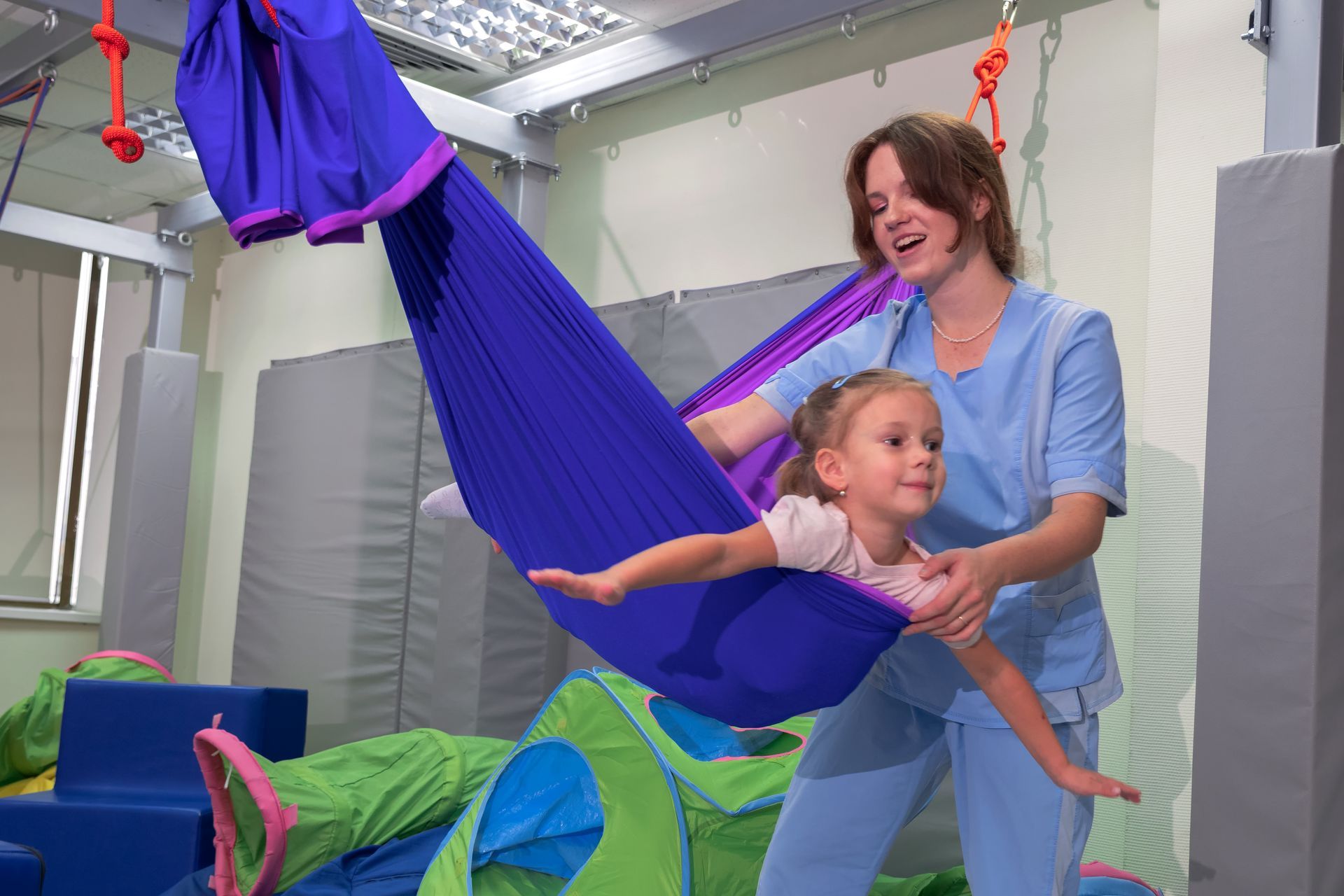OT Week 2024: Celebrating 80 Years of Connection

Join us at helpz as we celebrate OT Week 2024, marking 80 years of incredible connections in occupational therapy. This week shines a light on the invaluable role that occupational therapists play in empowering individuals, enhancing their quality of life, and helping them live more independently.
What is OT Week?
OT Week is an annual event held by
Occupational Therapy Australia to raise awareness of the vital role occupational therapists (OTs) play in supporting people from all walks of life. This year’s theme, “Celebrating 80 Years of Connection,” reflects on the rich history of occupational therapy in Australia and the contributions of OTs to health, well-being, and inclusion.
At helpz, we are proud of our occupational therapists who deliver essential services to individuals with diverse needs. Whether it's supporting people with physical challenges, developmental delays, or mental health concerns, OTs are crucial in helping people engage in meaningful activities.
Our team of occupational therapists works with individuals across different life stages to improve their ability to perform daily tasks, participate in social activities, and reach their personal goals. From supporting children with developmental disabilities to empowering adults with chronic conditions, our OTs provide a tailored, client-centred approach that meets the unique needs of every participant.
Occupational therapists;
- Assess and support: OTs evaluate each participant's abilities and needs and provide strategies that enhance their independence and well-being.
- Promote inclusion: Whether at home, in school, or within the community, our OTs ensure participants can engage fully in activities that bring them joy and purpose.
- Develop personalised programs: Our team creates individualised treatment plans incorporating therapy, adaptive techniques, and tools to help participants achieve their goals.
- Collaborate with families and carers: We believe in a holistic approach to therapy and work closely with families and carers to ensure the best outcomes for our participants.
Meet Tran Vu, our OT Practice Lead
Tran is the Practice Lead OT with helpz and is dedicated to supporting clients across all ages and abilities. Tran loves connecting with her clients and is committed to supporting diverse needs, offering individualised supports from a holistic, strengths-based approach.
"I love the variety in my work where I can work on cooking skills with one client, prescribe a wheelchair for another and finish the day with some sensory activities."

Why celebrate OT?
We see the impact of occupational therapy every day. OT empowers people to overcome challenges, build confidence, and lead fulfilling lives. Let’s take this opportunity during OT Week to celebrate the amazing work that OTs do and highlight their contributions to our communities.
How to get involved in OT Week 2024
You can celebrate OT Week 2024 with helpz in a number of ways:
- Share your story: We encourage you to share your experiences with occupational therapy on social media using the hashtag #OTWeek2024.
- Connect with us: If you or someone you know could benefit from occupational therapy services, please contact helpz.
- Follow us for more: Follow us on social media to stay updated.
For more information on OT Week 2024 and how you can participate, visit the
Occupational Therapy Australia event page.







